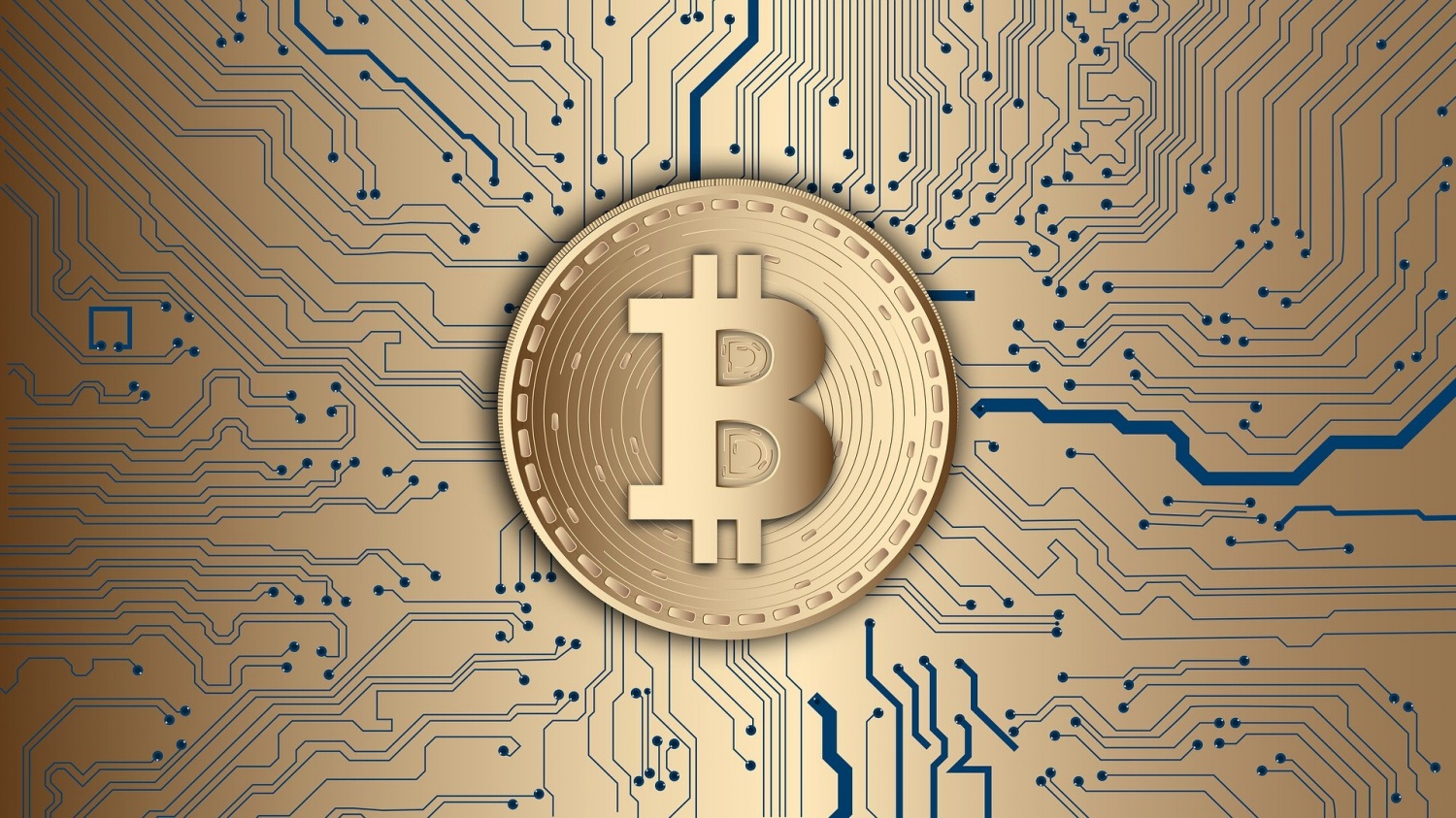
Blockchain is perhaps the most versatile solution to many practical issues the tech toolbox has to offer. Now, blockchain could help save the future of US presidential elections from chaos. Plagued by financial issues, the United States Postal Service stepped up and filed a blockchain-based patent for a mail-in voting system.
According to the patent, voters will receive a unique code which serves to verify their identity and enables them to cast their vote online. The information used in the process will then be stored using the blockchain, making it practically impossible to temper with the votes.
While the system proposed in the patent will likely not see action this November, it could prove indispensable for future elections. But USPS' move is important for another reason: it demonstrates impressively the vast range of possible applications for Blockchain technology. For while it's most readily associated with financial services in the public mind, its scope for use is virtually infinite - and could turn out to be key for governments and private companies to secure transactions and step up the fight against financial crime.
Ledgers against financial crime
Savvy entrepreneurs and policymakers are increasingly looking for applications for these digital ledgers in a variety of sectors, performing a wide range of functions ranging from trade and commerce to healthcare, agriculture and record keeping. Governments in particular have a vested interest in leveraging distributed ledger technologies (DLT), particularly in the context of blockchain, to tackle tax-evasion and money-laundering.
A frontrunner in the process is the European Union, which, following a string of financial scandals, is hard-pressed to lay the legal and technological groundwork for patching many of the bloc's weaknesses in national VAT systems, where blockchain-based digital registries could allow authorities access to invoices across the EU and verify taxes are being paid. Brussels is also concerned with money-laundering and terrorist financing activities and looks to blockchain for an effective and efficient solution.
The freeport problem
The issue gained considerable urgency as Brussels policymakers' attention was turned to the opaque roles played by facilities known as freeports in illicit finance activities. Highly secure storage units for luxury items like jewelry and pieces of art, they gained notoriety in the fallout of the so-called Bouvier Affair, in which Swiss art dealer Yves Bouvier defrauded wealthy clients in art sales - most prominently a Russian billionaire whom Bouvier allegedly overcharged by $1 billion over a decade.
Yves Bouvier is the owner of such facilities in Luxembourg, Switzerland and Singapore. But it was the Luxembourg freeport that got the ball rolling. After a visit to the Luxembourg freeport in January 2019, German MEP Wolfgang Klinz penned a scathing letter to then-Commission President Jean-Claude Juncker calling the freeport "fertile ground" for illicit financial activities. Other MEPs followed suit, referring to it as a "black hole" beyond the authorities' reach, which lead the European Parliament to call for freeports to be banned altogether.
The blockchain redemption
The recent personnel change at the top of the Luxembourg freeport, with Philippe Dauvergne, who admitted to not knowing what transpires in his freeport, becoming chairman of the board of directors this past July, didn't calm the waves. In their current form, freeports are considered dangerous, be it in Luxembourg or other territories. The concept has evidently reached its limit, and given the immense scrutiny from Brussels, is on the verge of collapse - unless they can be reformed to assuage fears about opacity and financial crimes. And again, blockchain could be the key for squaring the circle between client confidentiality and the supervision necessary from the authorities.
Broadly speaking, there are two types of blockchains, namely permissionless - where any party can participate in the network, even without identification checks - and permissioned chains that require an administrator's approval before the network can be joined. So-called closed or "enterprise" permissioned blockchains take control a step further, since transactions and ledger updates can only be generated by the dedicated admin.
In the context of freeports, the advantage of permissioned chains is obvious: Because blockchain's ledgers are impossible to alter, it can be used to record every transaction by verified entities doing business with the freeport. A blockchain-based database could be used for keeping records of money or property, as it could be programmed to link each freeport transaction to an internal blockchain ledger. This way, it's possible to keep a registry of what goes in and out of the facility, and on which client's behalf.
Equally important is the fact that data pertaining to the freeport clients, as well as the freeport operators themselves, is immutable and can also be stored in independent institutions, such as tax and judicial authorities. This means that all data would be readily available to regulators and authorities, who could share information in real time and then more effectively monitor freeport transactions for illicit financial activities.
Digital ledgers conquer the world
Of course, using blockchain technology to the fullest is no easy step for freeports. After all, its application requires sacrificing a part of the facilities' notorious secrecy - valued so much by their clients - for the sake of increased oversight from the authorities. Yet in order to prevent a total ban of freeports, at least in the EU, is to be prevented, there's little choice for freeport operators but to make this compromise.
Still, freeports are but one example of how blockchain can revolutionize the way business, record keeping, or even voting is done. Considering the uncountable number of start-ups presenting new blockchain solutions that are popping up every year, and the massive research corporations like IBM are conducting in the field, there's little doubt that blockchain will not only provide a path to the future - but that it is the future.
* This is a contributed article and this content does not necessarily represent the views of techtimes.com





